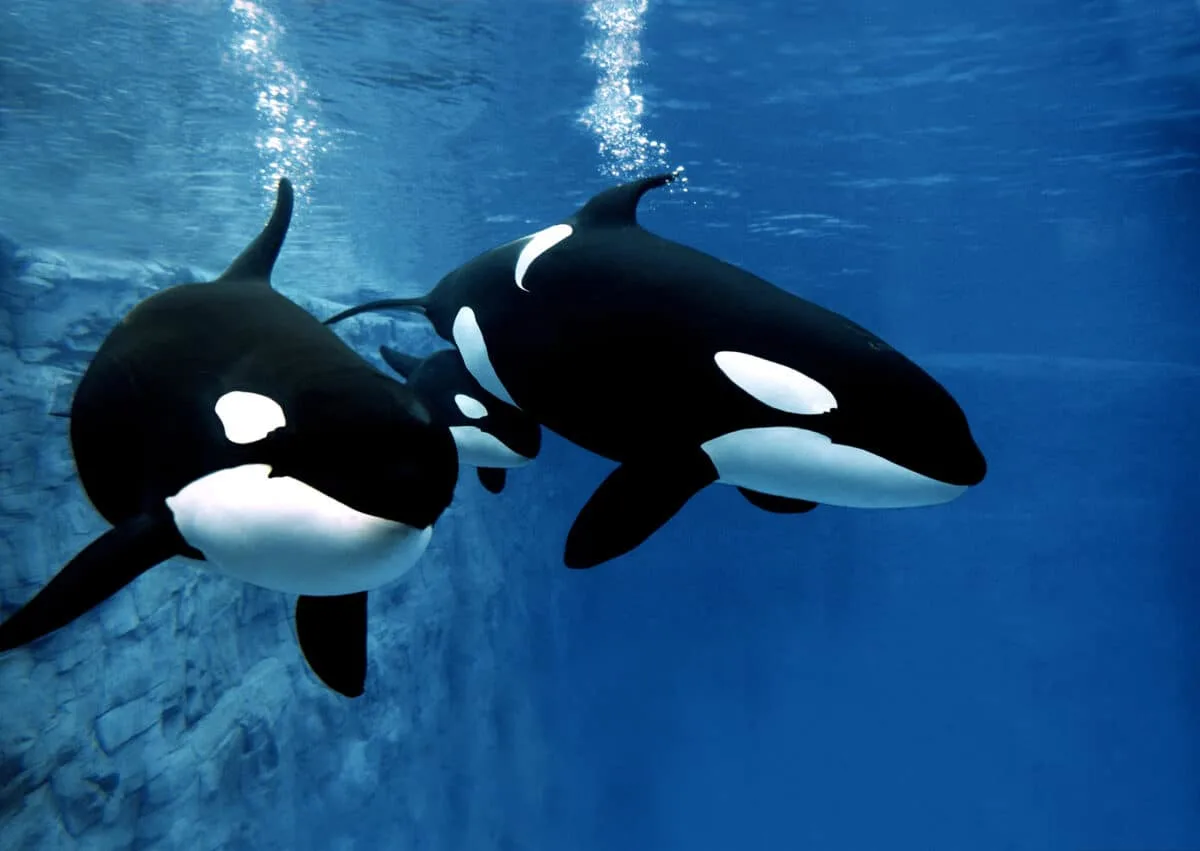Are Orcas Sexist? Discovering the Matriarchal Secrets of Orcas and how the mothers protect their sons but leave their daughters to fend for themselves.
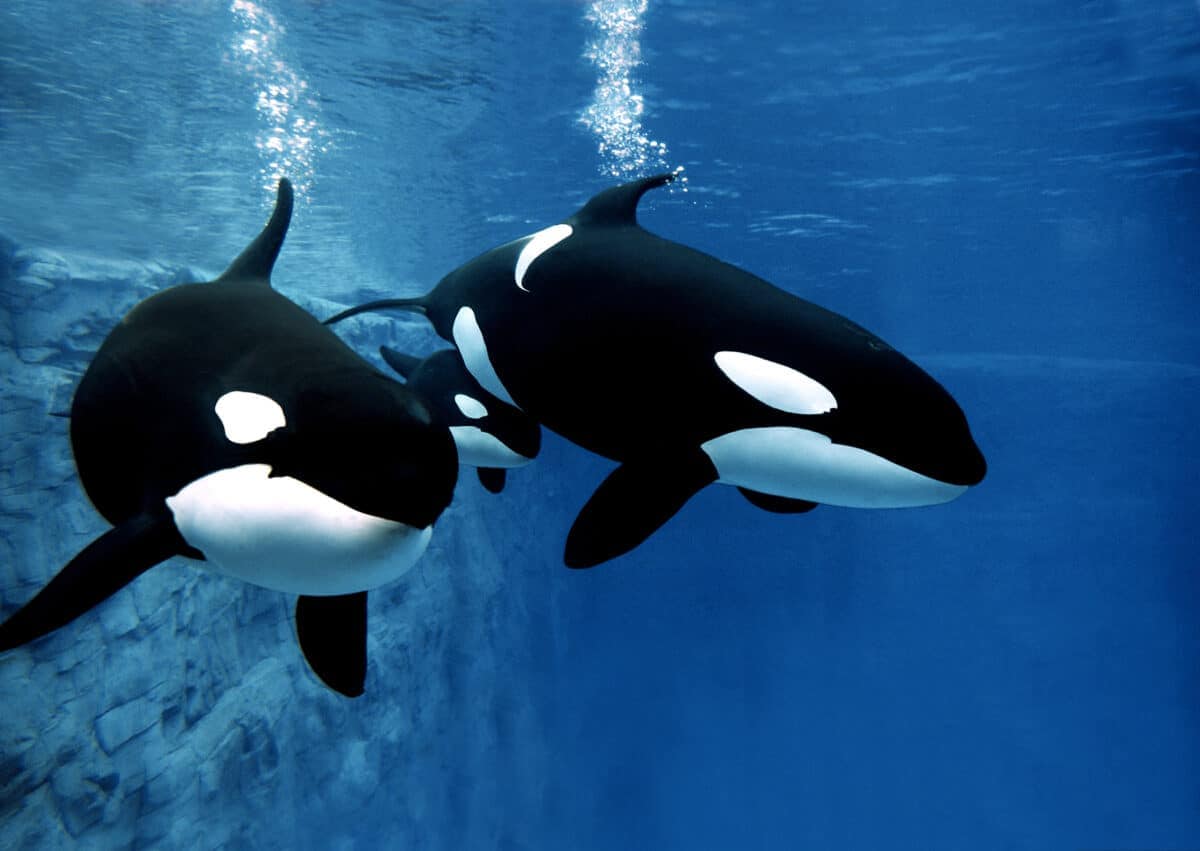
Want to jump ahead? Click below
Introduction: Discovering the Matriarchal Secrets
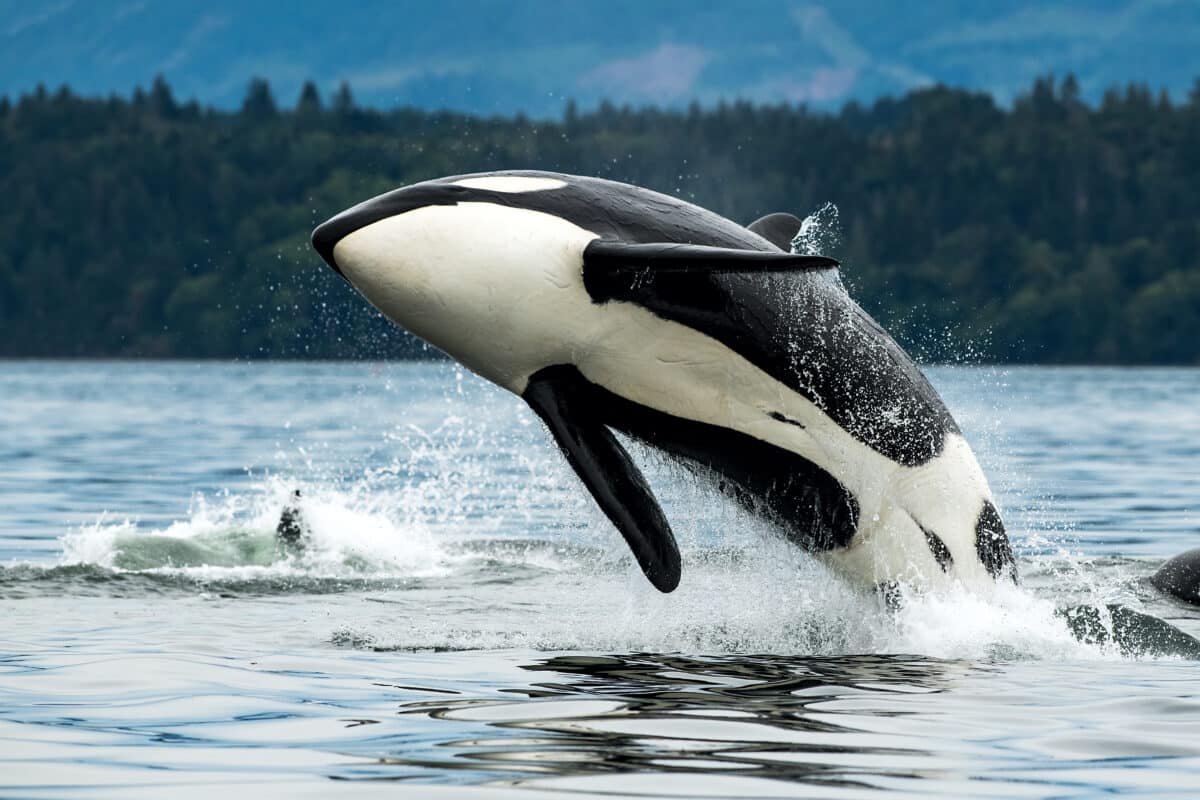
In the vast expanse of the oceans, the mesmerizing world of killer whales unfolds with intriguing complexities. Recent research has shed light on the intricate social dynamics within orca pods, revealing a surprising twist in the form of matriarchal guardianship and its impact on the survival of male whales. These awe-inspiring creatures possess intelligence and grace and demonstrate a unique system of protection that sets them apart from other marine species.
Motherly Protection: A Shield against Social Injury
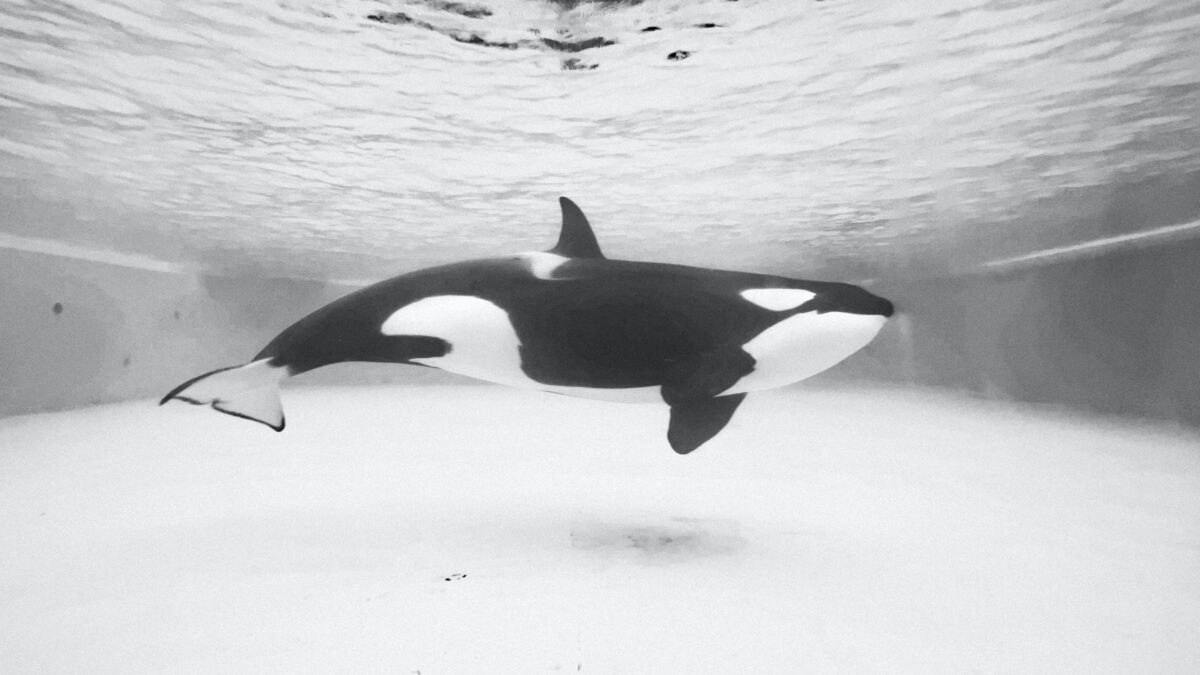
In the midst of a study conducted by scientists, a fascinating pattern emerged within killer whale communities. Adult male orcas enjoyed the devoted protection of their mothers, shielding them from potential “social injury.” This social injury refers to conflicts and aggressive encounters that could leave visible marks on the whales’ bodies, commonly known as tooth rakes.
Interesting Fact: Killer whales, also known as orcas, belong to the dolphin family and are considered one of the most intelligent marine mammals. Their complex social structures and hunting strategies have captivated researchers and nature enthusiasts alike.
A Tale of Contrasting Care: Daughters Left to Fend for Themselves
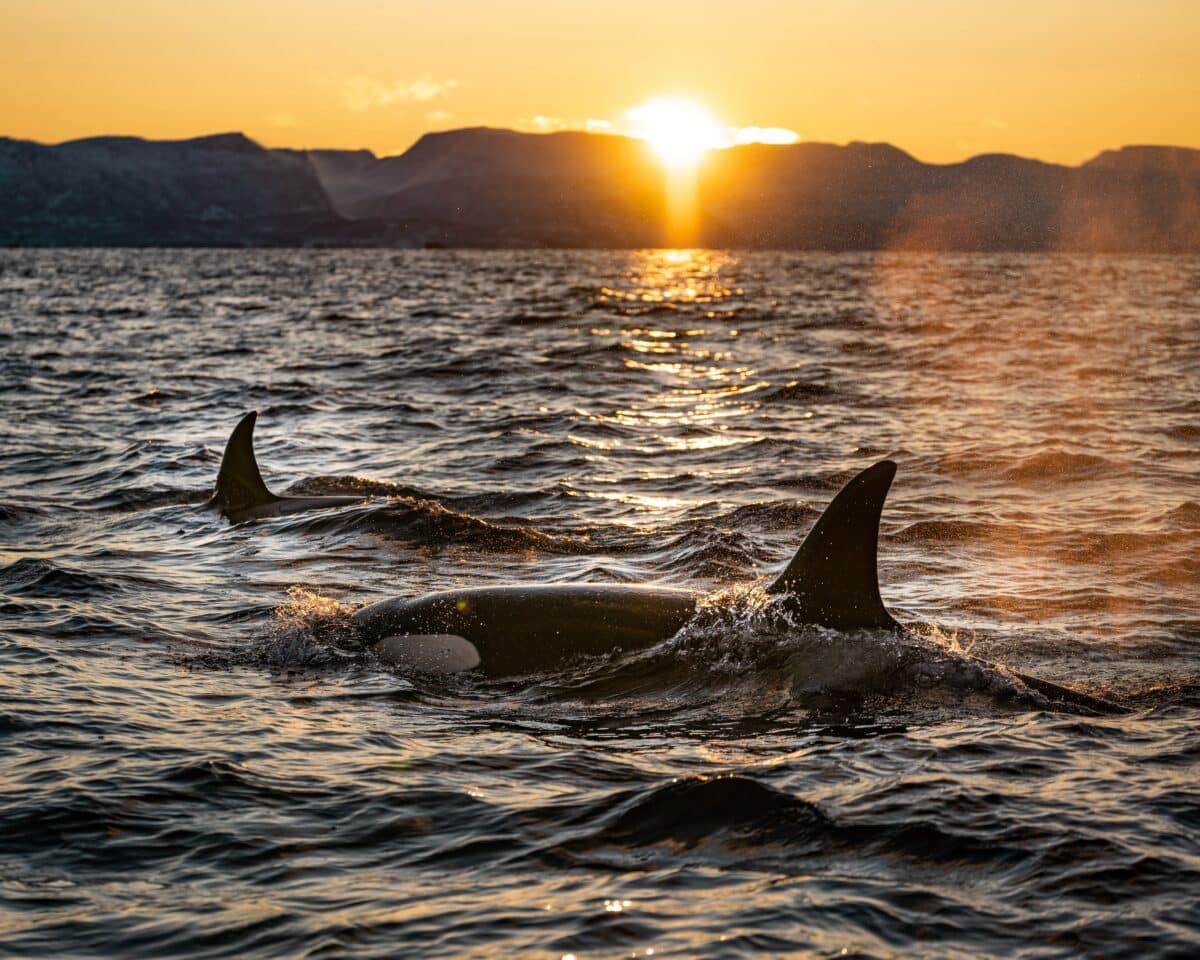
While the motherly bond proved to be a formidable shield for adult male orcas, the story took a different turn for their female counterparts. Mothers tended to leave their daughters to navigate the challenges of the ocean environment independently. Unlike the protective care bestowed upon their sons, female orcas were expected to fend for themselves from a relatively young age.
The Shield of Tooth Rakes: A Closer Look
The research unveiled intriguing data regarding the prevalence of tooth rake marks among adult orcas. Tooth rakes occur when whales scrape their teeth across each other’s skin during social interactions, often leading to visible markings. Male orcas, whose mothers were still present beyond their reproductive age, exhibited fewer tooth rake marks, indicating a lower likelihood of being involved in aggressive encounters.
Daughters on Their Own: Independence and Self-Sufficiency
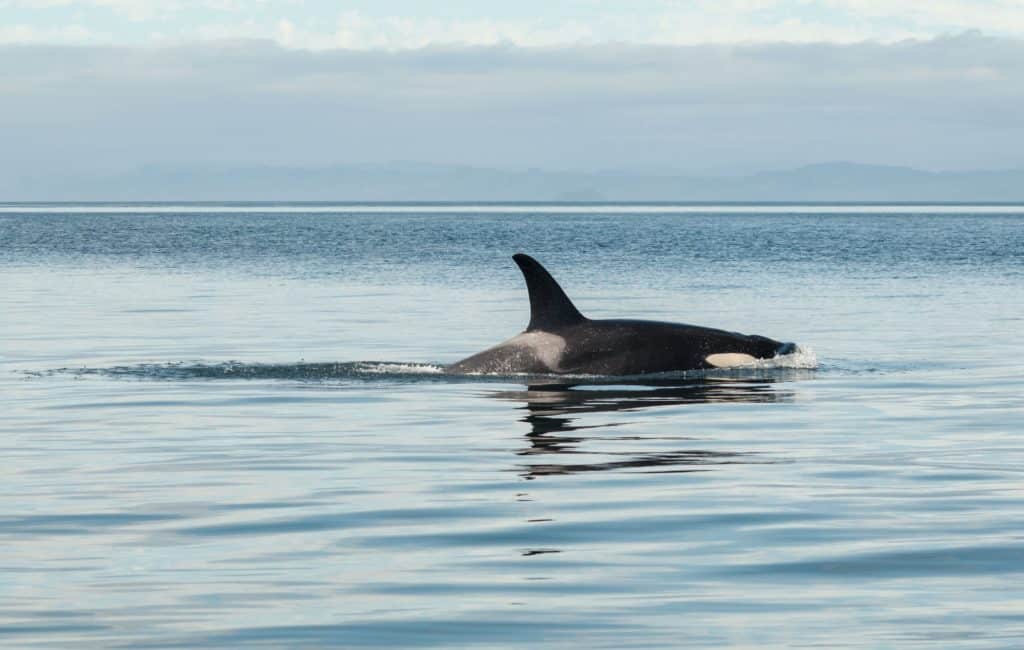
For female orcas, the presence of their mothers did not correlate with a reduction in tooth rake marks. Daughters displayed fewer of these marks overall, suggesting a remarkable ability to protect themselves even without the sheltering presence of their mothers. The study underscored the resourcefulness and resilience of female orcas, especially when they reached approximately 12 years of age.
The Intimate Bond Between Mother and Child
A captivating aspect of killer whale society is the profound emotional bond between mothers and their offspring. Observations have shown that mothers and their calves spend significant time together, floating at the surface, rubbing against each other, and swimming in tandem. This deep emotional connection fosters a strong social bond that endures over time.
Interesting Fact: Killer whales are one of only six species known to experience menopause, where females cease to reproduce at a certain age but continue to play crucial roles within their pods.
Sons and Fishing: A Lifelong Partnership
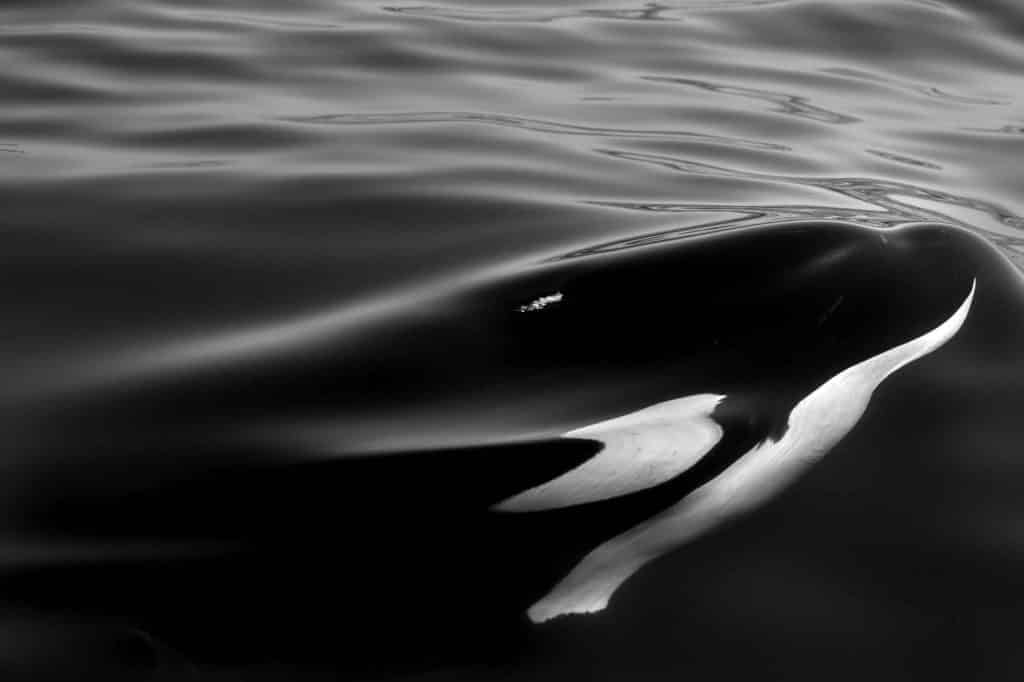
Mothers continue supporting their sons throughout their lives because of the size difference between male and female orcas. Male killer whales are considerably larger than their female counterparts, posing a unique challenge when hunting smaller prey, such as salmon. Mothers’ assistance in fishing helps ensure their sons’ access to essential resources.
Preserving the Pod’s Legacy: Menopause and Gene Succession
The revelation of menopause in killer whales adds another layer of intrigue to their social structure. By protecting their sons, older females may be strategically increasing the pod’s chances of passing on its genes. By preserving male offspring from unnecessary roughhousing and injuries, they safeguard vital resources and reduce the risk of infections spreading through open wounds.
For more info on orcas.
Wrapping Up with Are Orcas Sexist?
The world of killer whales never ceases to fascinate us with its intricate social dynamics and extraordinary adaptations. From matriarchal protection to the unique phenomenon of menopause, these magnificent creatures reveal the wonders of nature. Furthermore, in ways that continually challenge our understanding. As we continue to delve into the depths of the oceans, we will uncover more mysteries and marvels, shedding light on the awe-inspiring lives of these majestic marine beings.
Next up:
- Bald Eagle Family Expand Their Nest In California - April 24, 2024
- Firefighter Saves Abandoned Kittens Found Cuddling In Hoses - April 24, 2024
- Dolphins Get High Playing Catch With A Pufferfish - April 24, 2024

